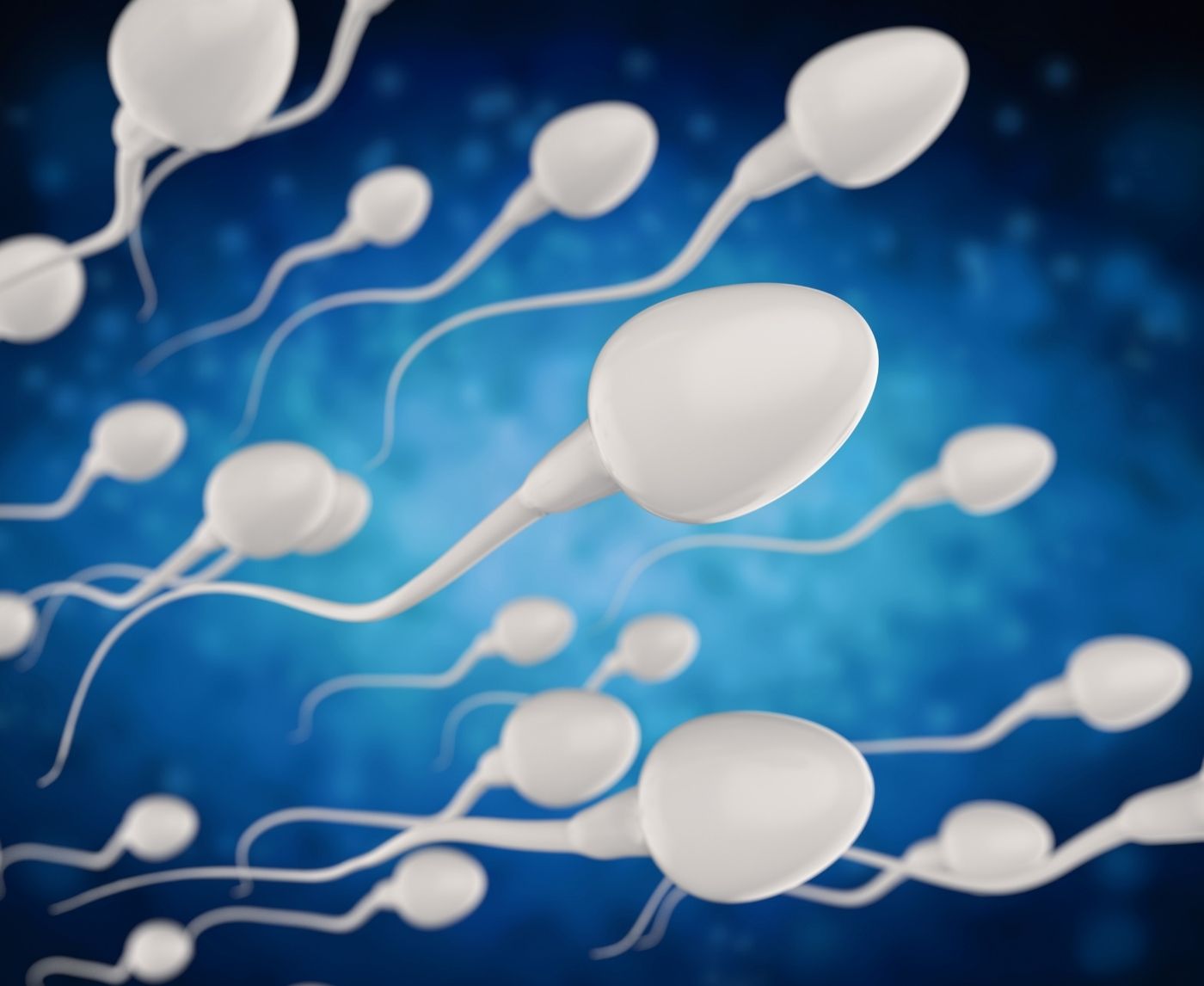Rectal Chlamydia Symptoms: What It Feels Like (And When There Are None)
This article will review seven sexually transmitted infections that affect male fertility. The article outlines the damage they cause and how you can protect yourself. We'll discuss the advantages of self-testing for STDs, the ease of home testing kits, and why the earlier you test and find treatment, the better. The diseases are outlined below.
Chlamydia
One of the leading causes of male infertility, chlamydia is one of the most frequently occurring sexually transmitted infections. The asymptomatic nature it carries means it often goes undetected despite the destruction it may cause if left untreated.
How Does it Affect Fertility?
- When a man has chlamydia, it inflames the epididymis—a condition that might block the transit of sperm.
- It decreases sperm motility and functionality by inducing the creation of antibodies that target sperm.
- Scarring from a long-term infection can affect sperm delivery by affecting the reproductive tract.
Signs to Be Wary of
- Discomfort or enlargement of the testicles
- Urinary tract discomfort
- Irregular penile secretions
Treatment and Prevention
- Always wear a condom when having intercourse.
- For males who engage in sexual activity on a regular basis and have several partners, testing is really essential.
- Although antibiotics are effective against chlamydia, early detection is paramount.
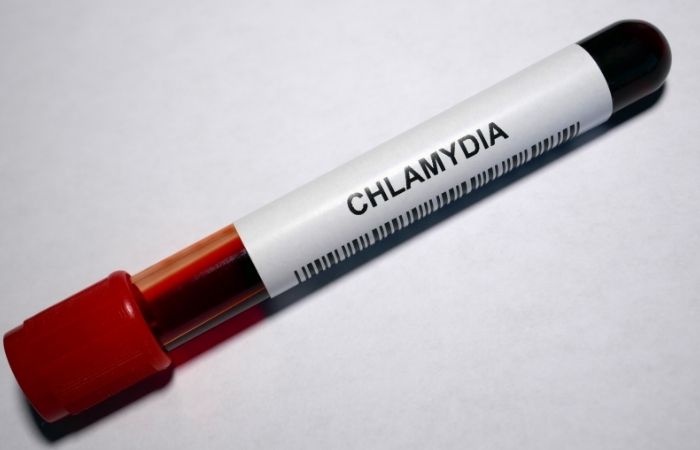
Gonorrhea
Gonorrhea, also known as "the clap," is another sexually transmitted infection that can quietly render a man sterile. Like chlamydia, most men will never find out they have it until it's too late.
How Does it Affect Fertility?
- Urinary tract infections, or gonorrhea, may lead to the inflammation of the urethra, which subsequently leads to painful discharge and urine.
- Sperm transport channels can be permanently damaged or blocked if the condition spreads to the epididymis and is not treated.
- One possible side effect of chronic gonorrhea is a drop in sperm quality and quantity.
Signs to Be Wary of
- Colorful or verdant penile secretions
- Pain or burning when defecating
- The testicles are painful or enlarged.
Treatment and Prevention
- It is possible to prevent gonorrhea through a strategy involving safe sexual practices and regular tests for sexually transmitted infections.
- While antibiotic treatments work, early treatment is important since drug-resistant strains are emerging.
Order Now $69.00 $147.00 Check Your STD Status in Minutes
Test at Home with Remedium
3-in-1 STD Test Kit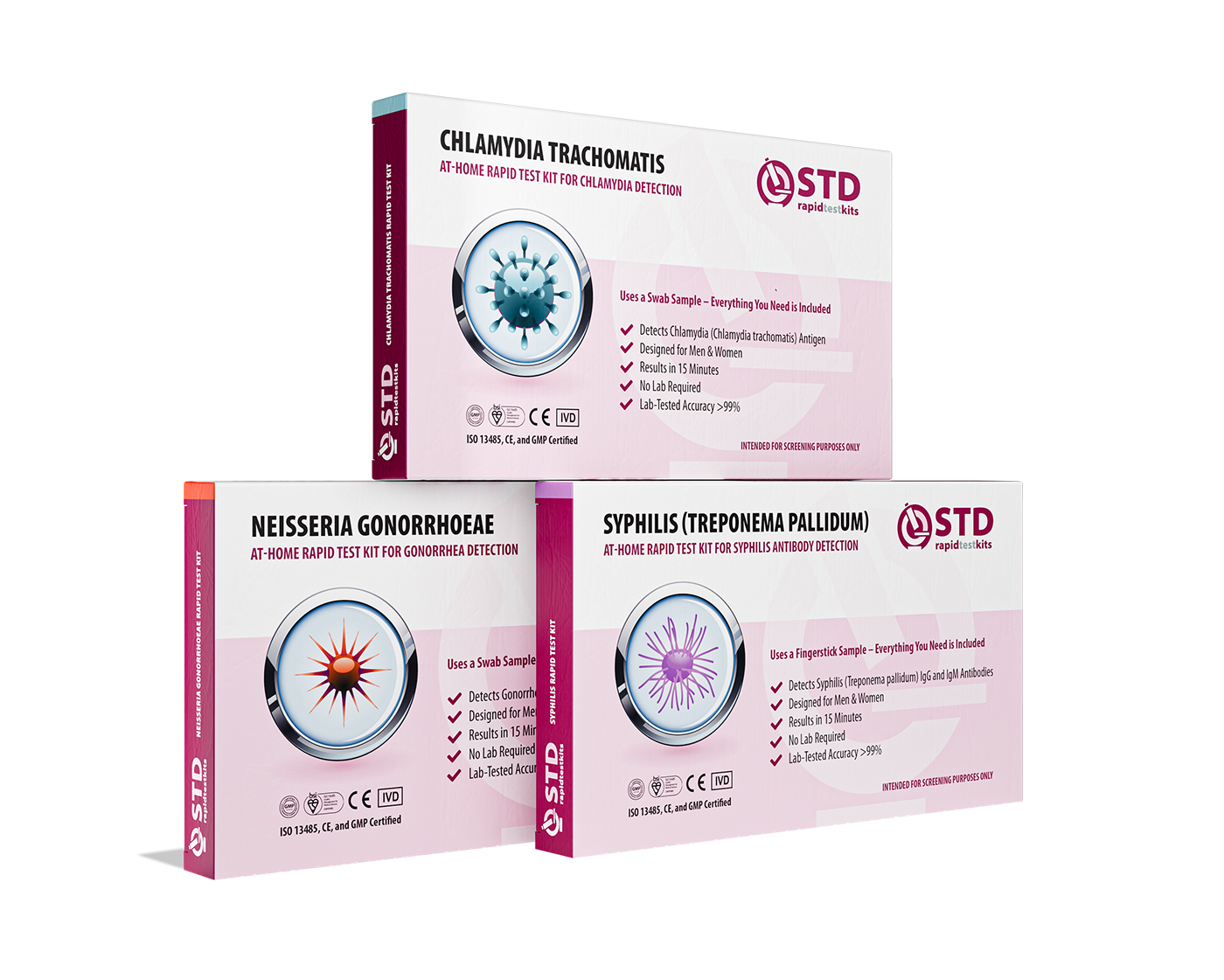




For all 3 tests
Syphilis
Untreated syphilis, a bacterial sexually transmitted infection, can drastically reduce a man's fertility.
How Does it Influence Fertility?
- Orchitis (inflammation of the testicles) and epididymitis, which are symptoms of severe syphilis, impair sperm production and function.
- Infections that spread throughout the body might have a negative impact on reproductive health.
Signs to Be Wary of
- Primary stage lesions that are painless and located on the mouth, anus, or genitalia
- Stage two symptoms include a rash, fever, and enlarged lymph nodes.
- Serious issues with the cardiovascular system, neurological system, or reproductive system (tertiary stage)
Preventing and Treating Syphilis
- Antibiotics, such as penicillin, can effectively cure syphilis if identified early.
- Early detection and treatment can be achieved through routine STI testing.

Human Papillomavirus (HPV)
In addition to its well-documented role in promoting cervical cancer in women, HPV has a number of relatively mild, yet significant, impacts on male infertility and reproductive health.
How Does it Affect Fertility?
- Infertility can be caused by specific types of HPV that damage the DNA of sperm.
- Genital warts and penile cancer are two examples of chronic illnesses that can have an indirect impact on reproductive health.
Signs to Be Wary of
- In most circumstances, genital warts will not show as a symptom of an HPV infection. However, there are cases where this may not be the case.
Treatment and Prevention
- Among the greatest ways to avoid getting HPV is to get a vaccine.
- In order to catch problems early, it's important to get checkups regularly.
Order Now $119.00 $294.00 Check Your STD Status in Minutes
Test at Home with Remedium
6-in-1 STD Rapid Test Kit




For all 6 tests
Mycoplasma Genitalium
A newly emerging sexually transmitted infection (STI) that can covertly reduce a man's fertility is Mycoplasma genitalium.
How Does it Influence Fertility?
- Aside from inflaming the reproductive organs (which can impact sperm production and motility), it causes urethritis.
- Scarring within the reproductive tract can be a consequence of chronic infections.
Signs to Be Wary of
- Pain or burning when defecating
- Urinary tract infection
Treatment and Prevention
- Since symptoms are minimal or nonexistent, routine testing is crucial.
- Although antibiotics work, specialist therapy is necessary for drug-resistant types.
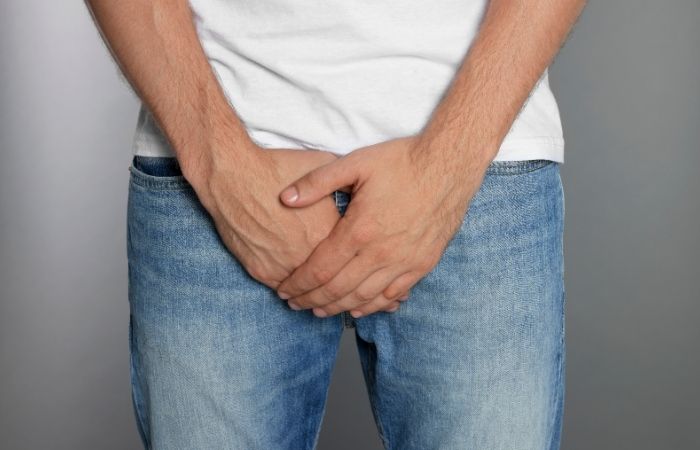
HIV (Human Immunodeficiency Virus)
Indirectly affecting male fertility, HIV mostly damages the immune system.
How Does it Influence Fertility?
- Sperm production and libido can be impacted by low testosterone levels, which can be caused by HIV.
- Additionally, HIV-related opportunistic infections exacerbate damage to reproductive organs.
- Although antiretroviral treatment saves lives, it can occasionally diminish sperm quality.
Signs to Be Wary of
- Chronic lethargy, elevated body temperature, and enlarged lymph nodes
- Decreased body mass and recurrent illness
Treatment and Prevention
- Preventative measures must prioritize safe sex behaviors and regular testing.
- The disease can be better managed and general health can be improved with antiretroviral therapy (ART).
Order Now $33.99 $49.00 Check Your STD Status in Minutes
Test at Home with Remedium
HIV Rapid Test Kit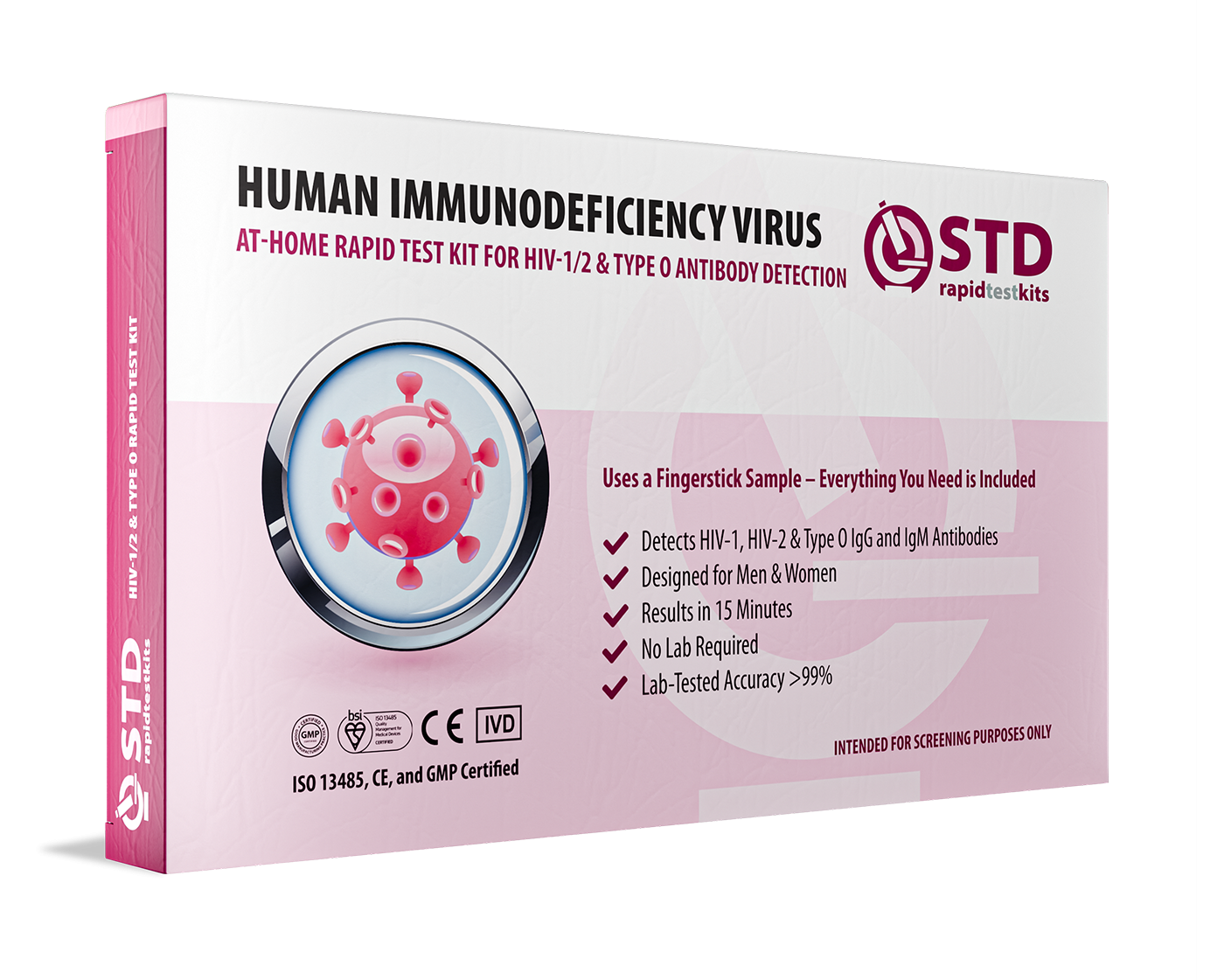




Trichomoniasis
The effect of the parasite trichomoniasis on male fertility is underappreciated.
How Does it Influence Fertility?
- The infection can decrease the motility and number of sperm, which might make conception more challenging.
- Normal sperm activity may be disrupted by inflammation caused by the parasite.
Signs to Be Wary of
- Inside penile itching or discomfort
- Pain and leakage when you pee
Treatment and Prevention
- One way to help avoid trichomoniasis is to practice safe sex and to get tested regularly.
- Treatment is successful when antiparasitic drugs are used.
The Value of Testing
Consistent testing is critical for safeguarding male fertility, as many STIs do not manifest any symptoms. An easy and covert approach to keep tabs on your sexual health and get treatment when symptoms appear is using an at-home STD test kit. Because of the convenience and anonymity they provide, these kits have the potential to revolutionize the industry.
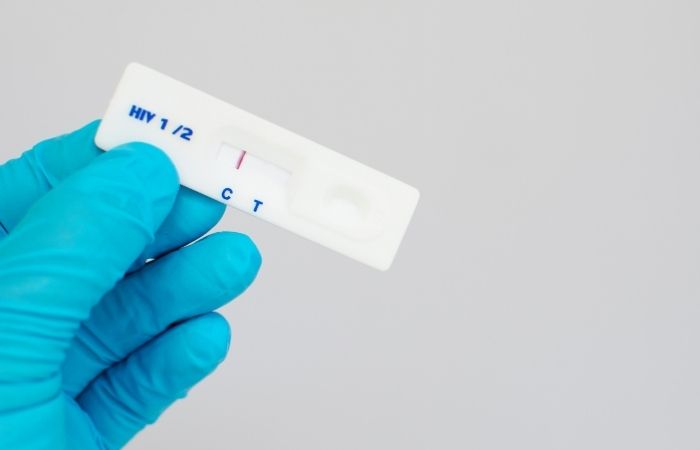
Ensuring Your Reproductive Health
Avoiding sexually transmitted infections (STIs) requires knowledge and action. Consistently use condoms, prioritize regular health check-ups, and be vaccinated against preventable illnesses like HPV. Keep in mind that your fertility is an important part of your health in general, and that taking preventative measures now can ensure your future well-being.
Mental Health and Fertility in Men
The state of men's minds has a major impact on their ability to conceive. Hormone levels, libido, and sperm quality can all take a hit when you're depressed, anxious, or stressed out. For example, the principal hormone responsible for sperm production, testosterone, can be suppressed when cortisol levels rise due to prolonged stress.
Implications for Mental Health
- The expression of diminished sexual desire, which in turn affects the frequency of intercourse and the likelihood of conception, is one common symptom of mental health issues and stress.
- Erectile dysfunction can be caused or worsened by anxiety and sadness, which creates a problem in the act of conception.
- A disruption of hypothalamic-pituitary-gonadal (HPG) axis control on reproductive hormones happens due to stress responses and results in hormonal imbalance.
How One Can Improve Their Mental Wellness
- Take part in regular physical activity, meditation, or yoga to alleviate stress.
- If you are struggling with a mental health issue that won't go away, it's time to get help.
- To alleviate marital tension and develop emotional connection, talk it out with your mate.

Preserving Fertility in Men
Men must prioritize their reproductive health if they are dealing with infertility or STI risks.
Methods to Maintain Fertility
- Sperm Freezing: Also known as cryopreservation, this is a tried-and-true method of storing sperm for potential future use.
- Hormonal Therapy: In cases of low testosterone, hormonal therapy can be used to restore a healthy balance of reproductive hormones.
- Surgical Interventions: Restoring sperm transport after a blockage or reproductive tract injury is possible with surgical interventions.
Dispelling Myths About STIs and Male Fertility
There are still misconceptions and misinformation around sexually transmitted infections (STIs) and fertility, even though healthcare has come a long way.
- Myth: STIs can have an effect on a woman's fertility.
Fact: Untreated sexually transmitted infections (STIs) such as chlamydia and gonorrhea can permanently impair a man's ability to conceive. - Myth: If you had a sexually transmitted infection, you would know it.
Fact: Regular testing is crucial for sexual health because many STIs may not cause symptoms. - Myth: There are no hazards associated with treatment.
Fact: Although most STIs may be cured with medication, scarring or inflammation can sometimes leave permanent damage. - Myth: No sexually transmitted infection can be transmitted when using a condom.
Fact: Though they work well, condoms aren't foolproof against sexually transmitted infections (STIs), such as herpes simplex virus (HSV) or human papillomavirus (HPV). - Myth: Infertility isn't a problem until you're much older.
Fact: STIs can harm fertility just as much in young guys, so it's important to prevent them early on.
Order Now $129.00 $343.00 Check Your STD Status in Minutes
Test at Home with Remedium
7-in-1 STD Test Kit




For all 7 tests
FAQs
1.- Is it possible for STIs to render males permanently infertile?
Yes, the reproductive system can be permanently damaged by untreated sexually transmitted infections (STIs) such as chlamydia and gonorrhea.
2.- Can STIs diminish the quality of sperm?
Negative effects on fertility can result from STIs, which can lower sperm count, motility, and DNA integrity.
3.- After getting over a sexually transmitted infection, can I father a child?
Restoration of fertility is usually possible with prompt medical treatment. However, permanent damage may occur from infections that last too long or are too severe.
4.- How often should men be tested for sexually transmitted infections?
Men who are sexually active, especially those with multiple sex partners, should be tested at least once every 6-12 months.
5.- How reliable are home STD test kits?
Yes, current home STD test kits are very accurate and provide a private, convenient way to monitor sexual health.
6.- For men, which sexually transmitted infections are the worst regarding sperm counts?
Most detrimental include chlamydia, gonorrhea, syphilis, and mycoplasma genitalium, among others.
7.- What symptoms might one expect with an STI?
Unusual discharge, pain in the testicles, burning sensation when urinating, and blisters are some of the symptoms. Yet, a large number of STIs do not cause any noticeable symptoms at all.
8.- Are there any ways to boost fertility after a sexually transmitted infection (STI)?
A healthy lifestyle, including eating well, exercising regularly, and avoiding pollutants, can improve fertility after therapy.
9.- Does sexually transmitted infection affect all guys equally?
The risk is greater for men who have multiple sexual partners or who do not use protection.
10.- What should I do if I suspect I have a sexually transmitted infection?
Stop having sex, get tested immediately, and speak with a physician regarding your treatment options.
Closing Thoughts and Future Steps
By knowing the risks and taking steps early on, you can safeguard your fertility. Due to the fact that they mostly have very mild symptoms, sexually transmitted infections are a silent killer of men's fertility. It is easy and practical to monitor your sexual health through regular testing; this includes the use of at-home STD test kits. Combine this with healthy lifestyle choices, safe sexual practices, and medical care on time to safeguard your ability to create life.
Invest in your well-being right now. Protect male fertility by getting tested, learning about it, and spreading the word. Keep in mind that taking action early can yield significant results.
Sources
1.- 7 STIs That Affect Male Fertility – Fertility Academy
2.- STDs and Male Infertility – PMC Article
3.- Can an STD Cause Infertility? – Verywell Health






